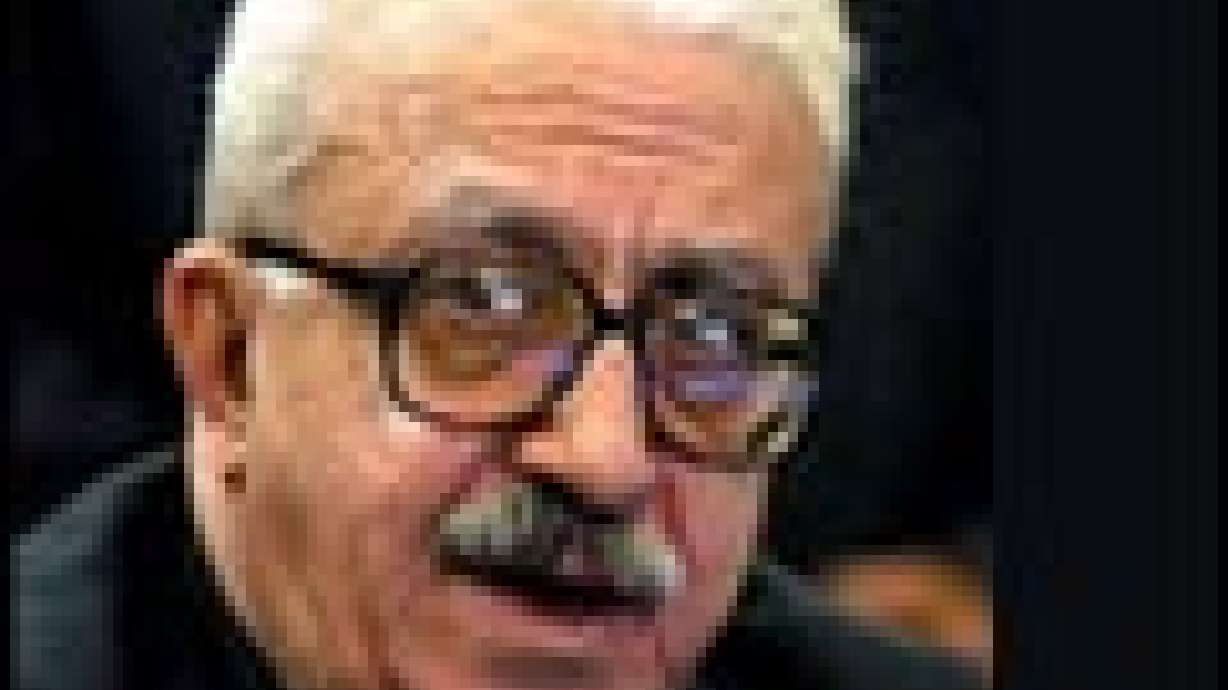Estimated read time: 2-3 minutes
This archived news story is available only for your personal, non-commercial use. Information in the story may be outdated or superseded by additional information. Reading or replaying the story in its archived form does not constitute a republication of the story.
WASHINGTON (AP) -- U.S. forces in Iraq have taken custody of Tariq Aziz, the former deputy prime minister and the most visible Iraqi leader other than Saddam Hussein, U.S. officials said Thursday.
On the U.S. list of the 55 most-wanted members of the former government, Aziz was No. 43, the eight of spades in the military's card deck of top Iraqi leaders.
At the White House, President Bush smiled and gave a thumbs up in response to questions shouted at him about reports of Aziz's capture. Bush responded after arriving on the South Lawn by helicopter following a trip to Ohio.
"He's in our custody. We've got him," said a senior administration official, speaking only on condition of anonymity. No details were immediately available.
Aziz was often the public face of Iraq when reponding to accusations by the United States and United Nations.
He was the only Christian in Saddam's inner circle. He served as foreign minister during the 1991 Persian Gulf War and was a frequent spokesman at that time.
Although he was one of Saddam's most loyal aides, Aziz, like most non-Tikritis, had virtually no power, U.S. officials have said. That could explain his longevity in Saddam's inner circle -- without an independent power base, he posed no threat.
Born in 1936 near the northern city of Mosul, Aziz studied English literature at Baghdad College of Fine Arts and became a teacher and journalist. He joined the Baath Party in 1957, working closely with Saddam to overthrow British-imposed monarchy.
Aziz changed his name from Mikhail Yuhanna. In Arabic, Tariq Aziz means "glorious past."
He was wounded in a 1980 assassination attempt by an Iranian-backed Islamic fundamentalist group named ad-Dawa Islami, the Islamic Call. Members of the group threw a grenade at him in downtown Baghdad, killing several people.
The attack was one of several Saddam blamed on Iran, part of his justification for his expulsion of large numbers of Shiite Muslims and his September 1980 invasion of Iran.
Aziz was instrumental in restoring diplomatic relations with the United States in 1984 after a 17-year break. He had met in 1983 with Donald Rumsfeld, then a private envoy from President Reagan and now defense secretary. At the time, the United States backed Iraq as a buffer against Iran's Islamic extremism.
The United States broke off diplomatic relations with Saddam's government for good after Iraq invaded Kuwait in 1990, which led to the Persian Gulf War. Aziz was a frequent spokesman for Saddam during that war, too, contending Iraq's invasion of its smaller neighbor was justified.
(Copyright 2003 by The Associated Press. All Rights Reserved.)








